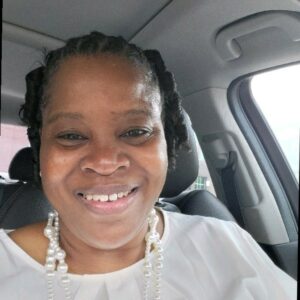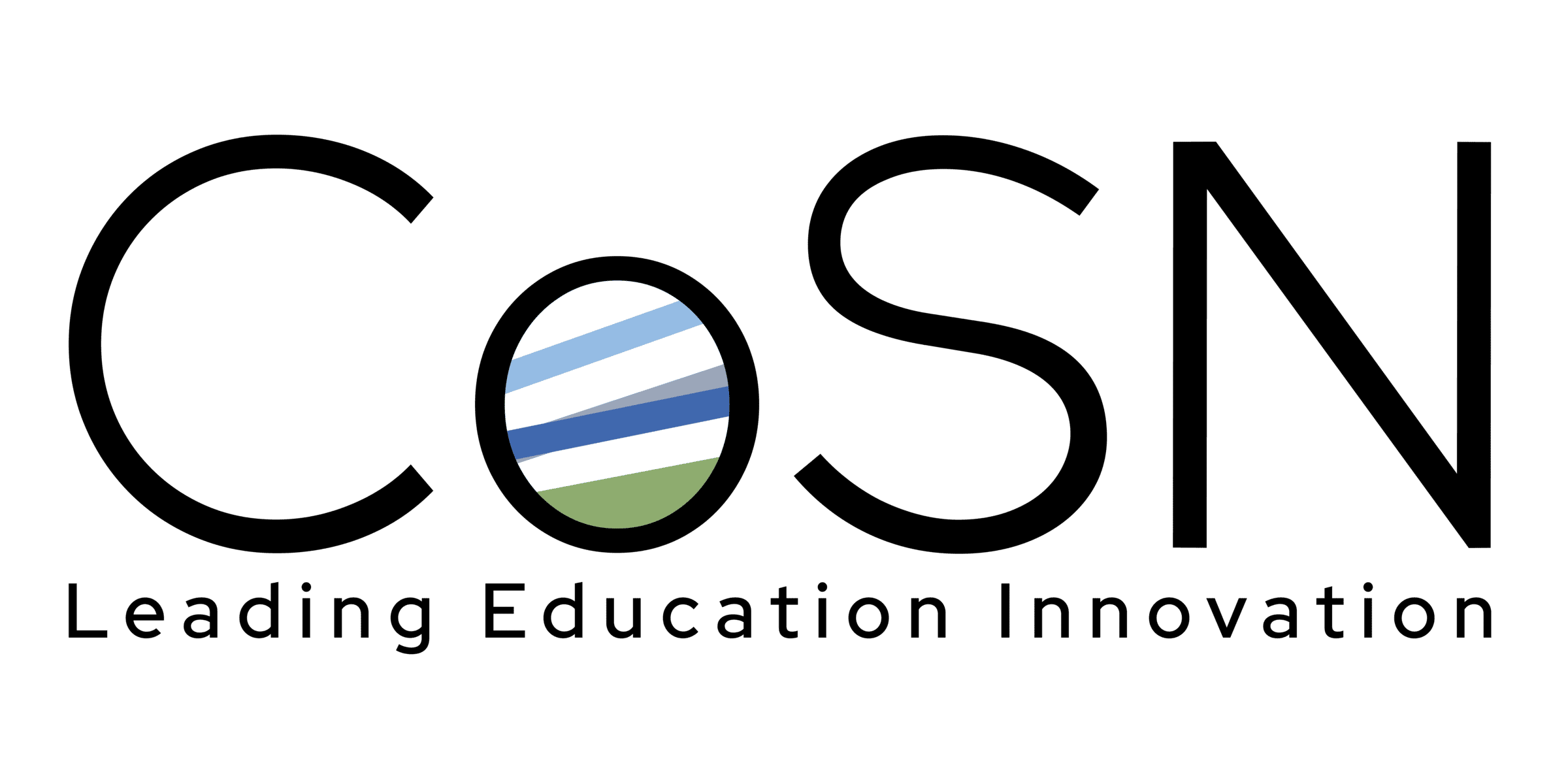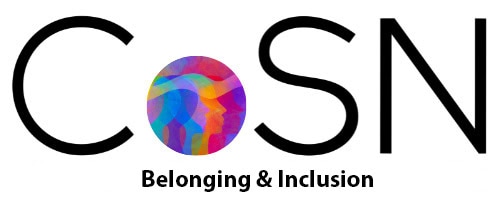The best way to foster equality in STEM and beyond is for those who have reached success in less-than-diverse industries to help guide others to follow in their inspiring footsteps. This is the concept behind an IT Pipeline. Dr. Rhonda Talford-Knight, Belonging & Inclusion Project Director, chats with Chanel Alford, a technology integration specialist with Alexandria City Public Schools and board member for the Virginia Society for Technology and Education currently completing her PhD in Instructional Design Leadership, about engaging students of color to consider a career in tech.
Dr. Rhonda Telford Knight
Your journey started in the classroom, so there is an understanding of theory and its practice. Tell me about your journey.
Chanel Alford
I have a really peculiar story. I was a K12 marketing and fashion teacher using a lot of technology. I taught inner city kids and wanted to expose them to marketing. We would explore the stock market and entrepreneurship. They would make their own businesses, incorporating technology like Google Docs, Google quizzes and Promethean boards, etc. EdTech is bridging the gap with technology in the classroom to help students become more engaged. Our tech person wasn’t in the building much, so when things would break down—speakers, smart boards, etc.— I would go fix them. I thought everyone was doing that.
Dr. Rhonda Telford Knight
What does EdTech mean to you?
Chanel Alford
EdTech is a billion dollar industry, but it’s so much more than technology tools. It’s helping someone do something they previously couldn’t. My department chair had been teaching for 42 years and came across the hall her last day and said, “Chanel, you’re a wonderful teacher (I had been citywide CTE teacher of the year twice in a row), but you’re better with technology. You’re in the wrong position.” I really thought about what she said, and after 12 years teaching, quit my job teaching and was hired in the next district to be an ITRT (instructional technology resource teacher). Now I get joy from teaching teachers how to use Canvas, new tools, even Nearpod.
Dr. Rhonda Telford Knight
Wow. So, literally they just asked, right? Someone recognized the skill sets that you have and just asked. A lot of times, we go into education for impact. Talk about the tech side.
Chanel Alford
After six years, I’m shifting schools and the amount of teachers crying and upset lets me know I’ve made my mark. They felt so comfortable asking me how to do things, I didn’t make them feel incompetent. I’m making a good impact right now in the classroom with my teachers.
Dr. Rhonda Telford Knight
You’re making integration of technology in the classroom easier.
Chanel Alford
I do professional development, with citywide cohorts of teachers. In the Teacher Leadership Project, we’d teach them something new monthly, but they also gather and share ideas. In my building, I create all these cool modules, they study a new tool, take a quiz, take a photo of themselves implementing it in the classroom and complete a reflection on how it helped. They earned stickers displayed outside their classroom— it was really funny when they started competing with each other.
Dr. Rhonda Telford Knight
We know children who have early technology exposure to tech have an advantage. You’re in a large urban district, teaching in a classroom for 12 years, making an impact and then comes the ask. What was it that led you to say yes?
Chanel Alford
I got into education to help kids. I wanted to make sure they knew they had opportunities. Within the first six months of the new role, I was assigned to help administrators with technology, handling five different buildings in central office, mentoring new teachers and I received a CoSN award for my technology usage. I realized that I was making a great impact with professional development, building relationships, even with students.
When I go into a classroom, honestly, it’s a little difficult because people haven’t seen a black woman in my position. They are expecting to see a man or someone else. When I’m in a classroom and doing coding or something new, I will hear a lot of questions and realize they are from a black female student. The teacher will go, “Don’t interrupt her, don’t waste time right now.” But I’ll say, “Hey. It’s okay.” I answer her questions, tell her what I do. If that student is really interested, I’ll ask, “Do you like computers?” If it’s a yes, I’ll take one day a week and have that student walk around with me to see what I’m doing.
Dr. Rhonda Telford Knight
So what you’re saying is, the IT pipeline starts young. It is creating safe space, the psychological safety for a young person to be brave to ask the question, “What do you do?” And you are there to share, “You can do this, too.”
Chanel Alford
I want to make sure that I’m present and they see me as a mentor. Even if there’s a troubled young lady, especially a black female student, I’ll have that student come with me and we’ll walk around. If she’s interested in technology, I encourage her to go into robotics clubs and tech in high school. If someone had never asked me, I would still be in the classroom as a teacher.
Dr. Rhonda Telford Knight
Wow. From not knowing that this was a space that you could play in, to now having such passion for it— but we have skills as teachers; teacher, trainer, facilitator, fixer, patience are all skillsets.
Chanel Alford
Tech takes patience. I could explain it to someone five or six times and still have a smile on my face. When you do something you enjoy, its not work. My parents always taught me the impact of a positive attitude and being kind to people. I was also taught if you want to do something, go for it. Find a way to do it.
Dr. Rhonda Telford Knight
Had you been aware of technology career paths in education, do you think you would have gone that route in undergraduate school?
Chanel Alford
I would have. There was no one telling students what they could do. I was number three in my class, with an almost perfect 4.0. No counselor sat down with me.
Dr. Rhonda Telford Knight
Students— if they don’t see it, they don’t know it, they can’t be it.
Chanel Alford
This is what I’m imparting on young ladies. This is a career. You can do so many things. I’ve been completing a cybersecurity internship. I’m the namesake for a scholarship because of my high academic progress in that class. You’re capable of teaching yourself things that you don’t learn in school. I’m a DJ on the side, I taught myself how to do that. I thought coding looked cool and taught myself JavaScript, Python. We started a weekly Female Coding Technicians Club where young ladies come to learn those skills. We took a field trip to the Apple Store and did some coding there so they could see they could do this anywhere. One of our young ladies is going to James Madison University in the fall, majoring in computer science.
Dr. Rhonda Telford Knight
I want to commend you for providing that lens and pathway forward for career opportunities.
Read more about CoSN’s Belonging & Inclusion resources here.

Chanel Alford, CETL
Technology Integration Specialist, Alexandria City Public Schools (VA)
https://www.linkedin.com/in/chanel-alford2/
Chanel is a Technology Integration Specialist and has her Certified Education Technology Leader (CETL) certification. She is on the VSTE Board of Directors and has served as a Committee Chair and Past Vice-Chair. Chanel is a dedicated, ambitious and goal-driven educator/technology trainer with sixteen years of progressive experience in instruction, assisting faculty and staff with the implementation of technology applications, and training students for employment. She is adept at managing multiple tasks simultaneously and keeping informed of cutting edge technology. Chanel has a positive attitude and the willingness to acquire new skills and work above and beyond the call of duty.
————————————–
This interview has been made possible in part by a grant from Chan Zuckerberg initiative DAF, an advised fund of Silicon Valley Community Foundation.
CoSN is vendor neutral and does not endorse products or services. Any mention of a specific solution is for contextual purposes.


